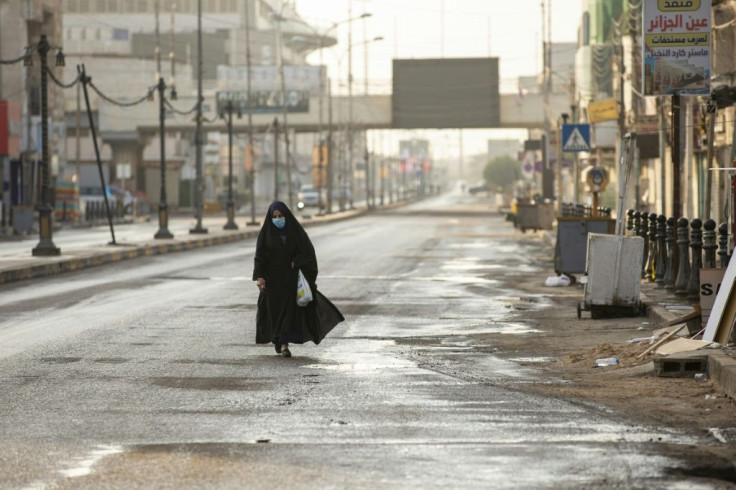Coronavirus And Blood Type: People With Which Group Are More Vulnerable To COVID-19?

KEY POINTS
- A study revealed that people with blood type A had higher chances to develop more severe symptoms
- People with blood type O “had a significantly lower risk for the infectious disease"
- “If you are type A, there is no need to panic. It does not mean you will be infected 100 percent," a scientist said
A recent study in China stated that there were more possibilities that people with blood type A could get coronavirus when compared to the other blood groups.
For the study, the researchers took blood group patterns of over 2,000 patients infected with coronavirus in Wuhan and Shenzhen and compared it with “normal people from the corresponding regions.” It was revealed that people with blood type A were more vulnerable to infection and had higher chances to develop more severe symptoms.
“People of blood group A might need particularly strengthened personal protection to reduce the chance of infection,” the researchers wrote, adding, “Sars-CoV-2-infected patients with blood group A might need to receive more vigilant surveillance and aggressive treatment.”
On the other hand, people with blood type O “had a significantly lower risk for the infectious disease compared with non-O blood groups.”
“It might be helpful to introduce ABO blood typing in both patients and medical personnel as a routine part of the management of Sars-CoV-2 and other coronavirus infections, to help define the management options and assess risk exposure levels of people,” the research paper stated.
Meanwhile, speaking to South China Morning Post, scientists who were not involved with the study said more sample size was required to “guide medical practices.”
“If you are type A, there is no need to panic. It does not mean you will be infected 100 per cent. If you are type O, it does not mean you are absolutely safe, either. You still need to wash your hands and follow the guidelines issued by authorities,” Gao Yingdai, a researcher with the State Key Laboratory of Experimental Haematology in Tianjin, said.
© Copyright IBTimes 2025. All rights reserved.





















